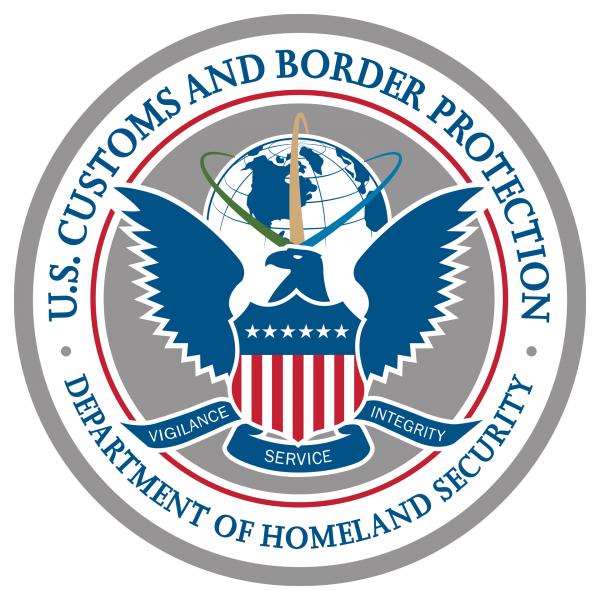 WASHINGTON — U.S. Customs and Border Protection has modified an existing Withhold Release Order on imports of tobacco from Malawi.
WASHINGTON — U.S. Customs and Border Protection has modified an existing Withhold Release Order on imports of tobacco from Malawi.
Effective May 21, 2021, certain tobacco imports from Premium Tobacco Malawi Limited (PTML) will be admissible at all U.S. ports of entry. This modification applies only to tobacco harvested by Club Growers in Malawi. CBP previously prohibited the entry of these imports into the United States based on reasonable suspicion that they were produced using forced labor.
CBP issued a Withhold Release Order on tobacco imports from Malawi in November 2019 due to information reasonably indicating that the tobacco is produced using forced labor and forced child labor. The Withhold Release Order continues to apply to imports of tobacco from Malawi by any company that has not demonstrated to CBP that its supply chain is free of forced labor.
CBP modified the November 2019 Withhold Release Order based on a rigorous evaluation of PTML’s social compliance program and efforts to identify and minimize the risks of forced labor in its supply chain. These actions produced evidence that sufficiently supports PTML’s claims that tobacco from club growers (smallholder growers that use little or no farm worker labor) is not grown and harvested using forced labor or forced child labor.
“CBP’s forced labor enforcement efforts continue to effect positive change for workers around the globe,” said John Leonard, Acting Executive Assistant Commissioner of CBP’s Office of Trade. “Eliminating forced labor from our supply chains prevents the abuse of vulnerable workers, safeguards the competitiveness of law-abiding businesses, and protects consumers from unethically made products.”
This is the third time that CBP has modified the Withhold Release Order on tobacco from Malawi. The agency modified the Withhold Release Order in June 2020 to allow imports of tobacco from Alliance One International, LLC and again in August 2020 to allow imports of tobacco from Limbe Leaf Tobacco Company Ltd. Both entities fully addressed CBP’s concerns about the use of forced labor in their production processes.
Federal statute 19 U.S.C. § 1307 prohibits the importation of merchandise mined, manufactured or produced, wholly or in part, by forced labor, including convict labor, forced child labor and indentured labor. When information reasonably but not conclusively indicates that merchandise within the purview of this provision is being imported, the Commissioner of CBP may issue a Withhold Release Order. Withhold Release Orders direct CBP personnel at U.S. ports of entry to detain shipments containing goods specified by the order.
CBP receives allegations of forced labor from a variety of sources, including the public. Any person or organization that has reason to believe merchandise produced with the use of forced labor is being – or is likely to be – imported into the United States can report detailed allegations by contacting CBP through the e-Allegations Online Trade Violation Reporting System or by calling 1-800-BE-ALERT.
Follow CBP Office of Trade on Twitter @CBPTradeGov.


